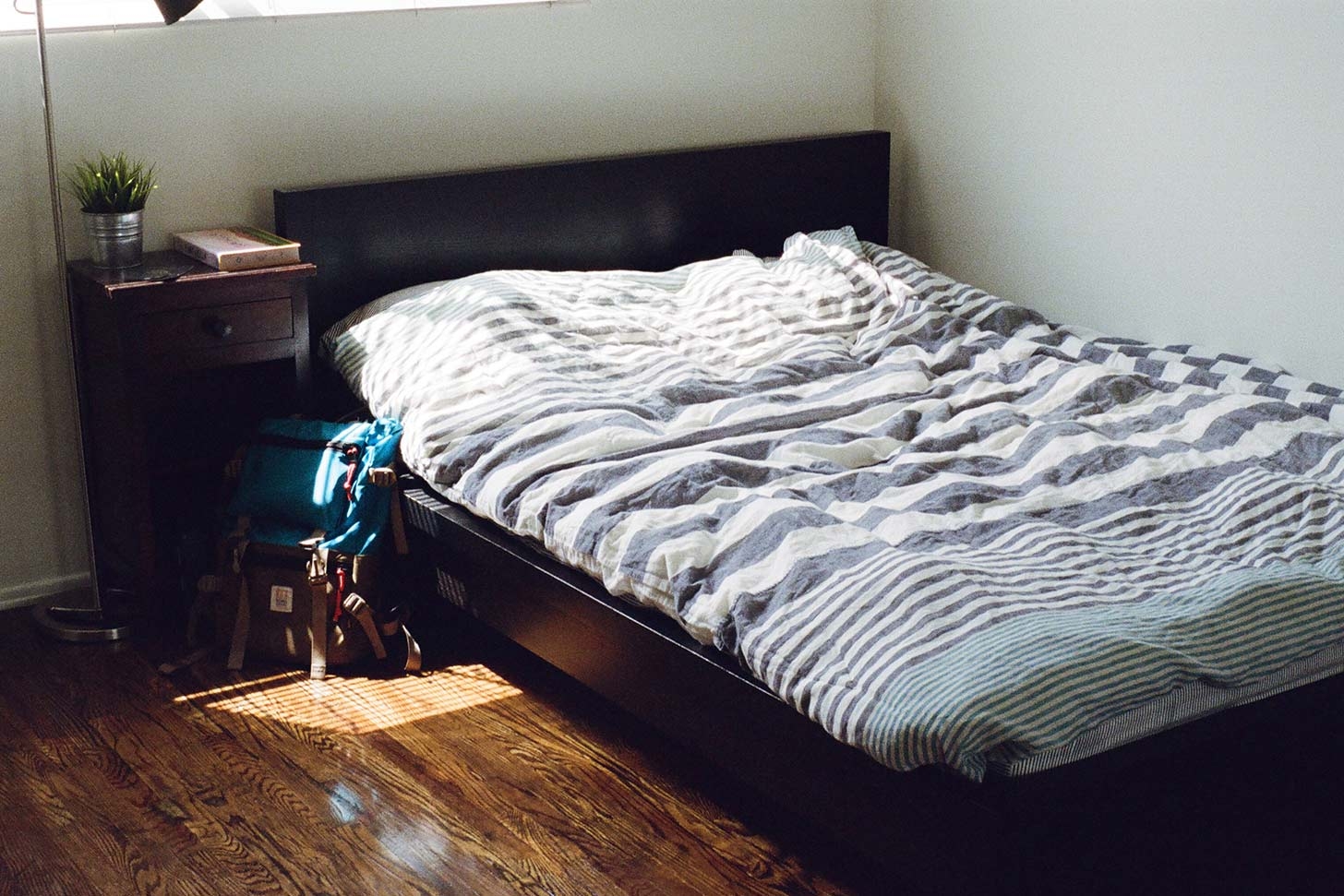5 enviro-hostels that are leading the way.
Countless hostels claim to be environmentally-friendly, but soon Hostelling International’s Boston location will have the paperwork to prove it. This June, the hostel will open its doors as the first LEED-certified hostel in North America.
“We decided to go for the LEED certification because we felt that it was a recognized indicator of how green you are,” explains Deborah Ruhe, Executive Director of Hostelling International New England. “LEED certification holds you accountable.”
Using integrated design philosophies, the hostel was renovated to meet LEED Gold standard requirements. Originally built in the 1880s, the historic building will boast eco-friendly features that range from the basic (low-flow toilets and showerheads) to the high-tech (elevators that recapture energy as the descend).
Grey water systems and solar panels aside (which are neat and all, but don’t necessarily affect the quality of a one-night stay), the HI-Boston will also have one the most exciting features that a hostel could offer—they’ve eschewed communal bathrooms in favour of 100 private bathrooms. When guests aren’t busy preening themselves in privacy, they’ll be able to tour the facilities and learn more about what makes green architecture work.
Although the HI-Boston will be the first fully LEED-certified hostel in North America, it’s certainly not the first green accommodation in North America. In honour of Earth Day (April 22), here are four more frontrunners in green hostelling across Canada and the United States:
Point Reyes HI, California: Earlier in 2012, this Hostelling International (HI) location was the first hostel in the United States to earn LEED certification. Situated in the Point Reyes Seashore National Park, their new green addition was built using recycled materials, low-irrigation native plants and energy-efficient heating and cooling systems. The entire complex isn’t LEED-certified, but the hostel is a green business. Our favourite eco-friendly practice? Linens are hung to dry, ensuring that you’ll fall asleep in a bunk smelling of fresh air and sunshine.
The Eco-Hostel at the Farm, Summertown, Tennessee: The Farm has been in the environmentally-friendly accommodation game since before you were born. Based on their tagline alone (“a hippie heritage hotel”) you’ll want to arrive with an open mind. (A little research won’t hurt either. Lots has been written about this historic intentional community.) The Farm may not have a flashy website but they definitely have green design, including straw bale buildings. The hostel itself was originally constructed from scrap Army tents and although it's been renovated to include indoor plumbing, the dormitories retain their “authenticity”. The site offers eco-tours and permaculture workshops, but the real draw is the 18-hole Frisbee golf course.
The Planet Traveler, Toronto, Ontario: This hostel claims to be “Canada’s greenest hostel”. While we can’t verify the factual accuracy of that claim, visitors can see the environmentally-friendly renovations at work; like the Boston-HI, guests can take a tour of the building’s green features. And while a number of hostels claim to be “green” on their websites (c’mon guys, really—anyone can recycle or serve fair-trade coffee), the Planet Traveler’s site explains what happens to wastewater and how the geothermal heat transfer works. If that's not proof enough, head up to the rooftop patio, where you can drink beer (organic, of course) beneath the building's photovoltaic panels.
Portland Hawthorne HI, Oregon: Another great example of Hl’s sustainability policies at work, this West Coast hostel may not be LEED-certified, but it embodies many of the same practices. Each year, the Hawthorne hostel recycles 75 per cent of their waste and composts nearly 2,100 pounds of food waste onsite. (As it turns out, not all the food on the “free” shelf in the hostel kitchen gets greedily consumed within minutes of your check-out.) And while it's not as exciting as private bathrooms, it’s worth noting that the Hawthorne HI has a admirable purchasing policy, which ensures that all products are recyclable, made of non-toxic ingredients and/or are locally-produced.
There are many options for green accommodation across North America, but it's unlikely that LEED-certified hostels will start springing up in urban centres.
“Big city hostels, because of the amount of capital required to build them, are probably not coming fast and furiously,” Ruhe says. Even if you can’t make it to the new Boston location though, don’t worry—just by staying at a hostel, you’re doing a small part.
“The nature of the shared accommodations means using less resources,” says Ruhe. “The use of hostels themselves is a green way to travel.”
